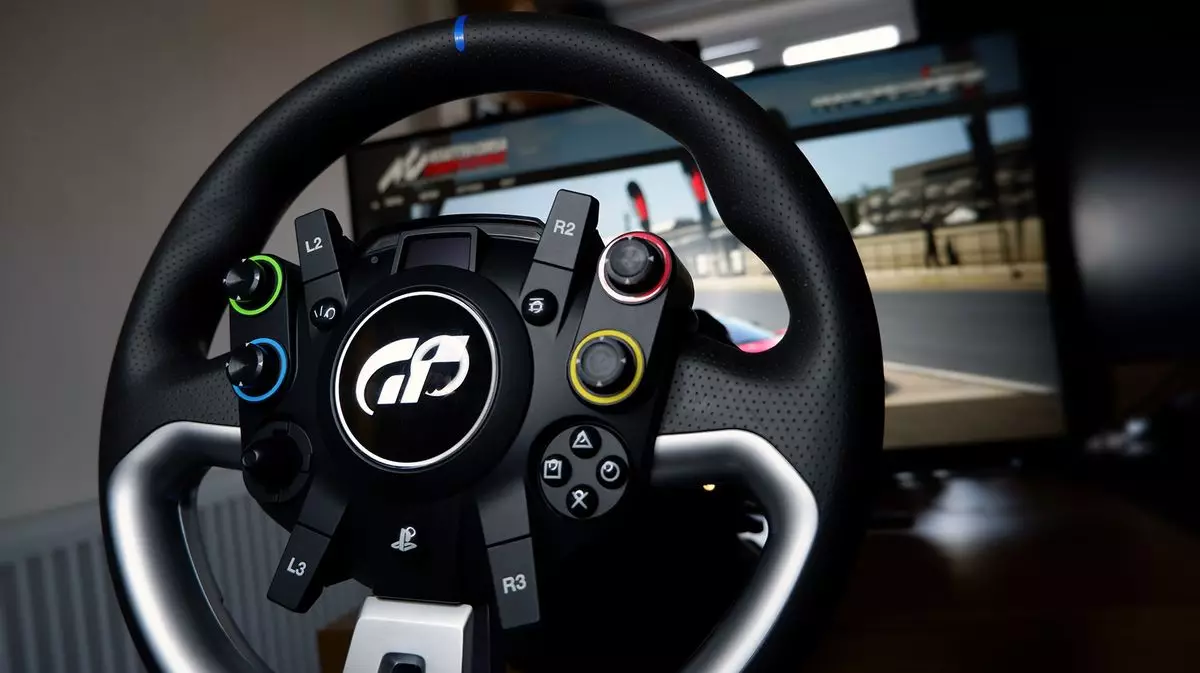In an industry where swift innovation and customer satisfaction are paramount, Corsair’s acquisition of Endor AG, the parent company of sim racing standout Fanatec, marked a significant shift. Initially, the deal, announced early this year, appeared to be a bold step forward for Corsair, especially given Fanatec’s prominence in the racing simulator market. However, the subsequent insolvency filing by Endor AG in July cast doubts on the acquisition’s viability. Despite this uncertainty, the transaction ultimately proceeded, positioning Fanatec under the Corsair umbrella—a move laden with both promise and significant challenges, particularly the debts and logistical issues inherited from the former management.
In a candid interview with The Drive, Corsair’s CEO, Andy Paul, acknowledged that while the ambition is clear, the path forward will not reflect traditional business practices. His admission that the current scenario is less than ideal reveals an acute awareness of the intricacies involved in restructuring an acquired company, especially one in distress. Corsair is prepared to implement long-term solutions aimed at stabilizing Fanatec’s operations. One prominent concern among customers has been the inadequacy of the previous customer support system, which lived up to its reputation of being restricted to an eight-hour daily window. Paul reassured stakeholders that transitioning to a globally accessible customer service model is a priority, slated to roll out over the coming months. This transformation is critical for resolving persistent issues, particularly those exacerbated by supply chain disruptions during the COVID-19 pandemic.
At the core of Fanatec’s operational hurdles lies a concerning inefficiency in the manufacturing process. Paul emphasized that the production facilities in China are not operating at full capacity—notably a surprising revelation, considering the lengthy delay in order fulfillment that Fanatec customers have experienced. This raises a pivotal question: If facilities are underutilized, what exactly hindered the timely delivery of products? A plausible analysis suggests that a lack of infrastructure and poor inventory management may have contributed to Fanatec’s troubles. Corsair’s extensive operational prowess in managing large-scale manufacturing and inventory should serve as a remedy. With access to advanced supply chain logistics and manufacturing resources, Paul feels confident in Corsair’s ability to enhance efficiencies that Fanatec desperately needs.
One of Corsair’s strategic advantages lies in its existing retail footprint, which sets it apart significantly from its newly acquired brand. Fanatec primarily utilized a direct-to-consumer approach, limiting the accessibility of its products. Corsair’s established presence on retail shelves and major e-commerce platforms positions the revamped Fanatec to reach a broader audience. This advantage will not only simplify the purchasing process but may also allow prospective customers to experience their products firsthand before making significant investments, especially in the high-end market segment.
Paul indicated plans to drive down costs through optimized supply chain management, adding that certain lower-priced models could transition to retail markets. However, high-end products, including premium wheels and pedals that typically command prices around $1,000, will still be primarily available through specialized retailers or direct sales. This nuanced strategy acknowledges the complexities of consumer purchasing behavior while adapting to existing competitive landscapes.
As Corsair moves forward with this acquisition, the key takeaway is the potential for revitalizing a brand that has faced significant challenges. Current market dynamics indicate Logitech’s dominance in the racing wheel sector, but Fanatec’s restructured model under Corsair may introduce much-needed competition. Consumers will benefit from improved accessibility, customer service, and more reliable fulfillment timelines. While the journey ahead is undoubtedly complex, the combination of Corsair’s resources and Fanatec’s legacy could very well pave the way for innovation and enhanced customer satisfaction in the sim racing market. Users can remain hopeful—perhaps the days of long wait times and out-of-stock frustrations are numbered as this transition unfolds.


Leave a Reply